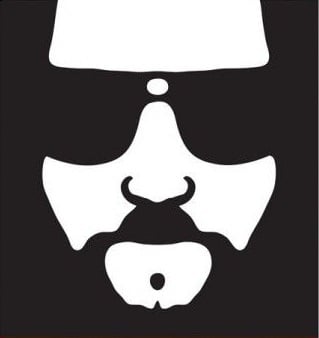Um, didn’t humans nearly exterminate themselves? And only because the Vulcans came did it stop?
It’s not well explained, but Humans were actually spacefaring for a while before WWIII bombed Earth back into the Stone Age.
And Humans agreed to a ceasefire then achieved warp-flight before they found out that there were other bipedal races flying around out there.
And they were very fuckable. Soon after, world peace was achieved.
Shran: “Why a Vulcan?!”
Archer: “Because they’re cute.”
There’s a whole movie that focuses on the events leading up to First Contact with the Vulcans, it’s called Star Trek: First Contact.
The whole movie focuses on the 24-hour period prior to first contact.
It doesn’t really explain what Earth was like before half of it was nuked.
A lot of this?

And Humans agreed to a ceasefire
Not true. Cochrane and his people were armed to the teeth and ready to fight in First Contact.
From the movie, when Picard was leading Lily to the egress port:
Lily: “Why did you break the ceasefire?”
Picard: “We didn’t attack you.”
Lily: “Who did?!”
Yeah, they were armed to the teeth. After a nuclear war, I can’t blame them even years after the fighting had stopped.
There was also probably a shit ton of looting and roaming gangs even through the military action had ended.
I don’t think that she meant a global ceasefire. That wouldn’t have made sense when it came to a local firefight between a handful of people. The implication to me was it was a ceasefire between themselves and other local groups now that society in North America had broken down.
And North America, that specific part of North America, is literally all we know about in that time period.
cracks knuckles
During the first scene in 2063:
Lily: “It’s an ECON!”
Cochran: “After all these years?”
ECON = Eastern Coalition. As in the majority of the Asian countries why allied against the West in WWIII. It wasn’t a local skirmish, it was a Borg Sphere in low-Earth orbit that anyone under nightfall in the Northern hemisphere would have seen just as clearly as Lily did.
Since it was something up in the sky, her first thought was an ECON satellite bombarding America again. Cochran immediately expressed shock at the idea since there hadn’t been an attack like that in “years.”
While society had broken down, I think there was some form of communication that got news from one part of the world to the others. And I think every major power had stopped fighting - largely because there was almost nothing left to fight with. Exhaustion forced the world into a ceasefire. And any new fighting on that scale would have been seen by a lot of people and gotten whispered through makeshift rumor mills.
All that was left was domestic altercations between disorganized bands of desperate people. So peaceful groups like the one living in the missile complex in Montana still had to arm themselves. But the war proper ended some time ago.
ECON = Eastern Coalition. As in the majority of the Asian countries why allied against the West in WWIII.
We don’t know what Eastern Coalition means. For all we know, that meant people from the Eastern half of the former United States. It could mean a coalition of survivor groups to the east of them.
We know almost nothing about WWIII. We know that it killed millions of people, although the number keeps changing. We know that it was not the same as the eugenics wars. We know that in some places, society breaks down and soldiers are controlled with drugs.
We really don’t know much other than that. We certainly don’t know that it was a war of Asia against the West.
We don’t know what Eastern Coalition means.
Audio commentary for First Contact confirms that it means an unspecified alliance of Asian nations. Early version of the script simply said “China”. But that was changed to the more vague “ECON” for obvious reasons.
Extra fun fact: In beta canon, the ECON was the same group of Asian nations formerly controlled by Khan.
WWIII had already come to pass when a pocket of humanity had begun to develop warp drive. After which, the Vulcans saw fit to intervene and raise up the pink-sk, er, humans.
Pink-skin is an Andorian insult. Vulcans just stare at us, sigh, and say “Most illogical.” as they’re walking away.

Edit: swapped to a catbox link, if it helps.
FYI, gifv files don’t embed. Please drill down and find the original gif address.
Fuggin Imgur…
It’s a tumblr source, which generally shows up for me on Connect and browsers.
I’m using Voyager, I’ll pass that info along.
Imgur created gifv because they wanted people to load their JavaScript wrapper every time they viewed it. A useless, bloated format that adds nothing for the end user. Last I checked, you can still optionally choose to embed the original gif in Imgur links.
Just need to change the URL at the end from .gifv to .gif
The vulcans showed up after we’d stopped world warring. And they were butthurt as shit because they took a thousand years to rebuild after nuking themselves in a similar fashion, whereas humanity not only rebuilt but advanced in a tenth of the time.
Disco men show us creativity.
No discovery, only the original series
And isn’t the 2nd picture actually before the 1st picture?
we’re all thinking that, must be the good times now
https://cdn.history.com/sites/2/2013/12/canadian-soldiers-going-over-trench.jpg
Better as a first image?
I like it.
Finally! Someone fucking fixed it.
Well, almost.
“Create discovery”
“Discovery show us”
Sorry, I’m not trying to personally attack the creator of this.
I love it, your nerd rage slightly boiled over, but you still couldn’t be mean.
I’m flabbergasted. There’s an astonishing amount of erasure in that panel.
How about ?
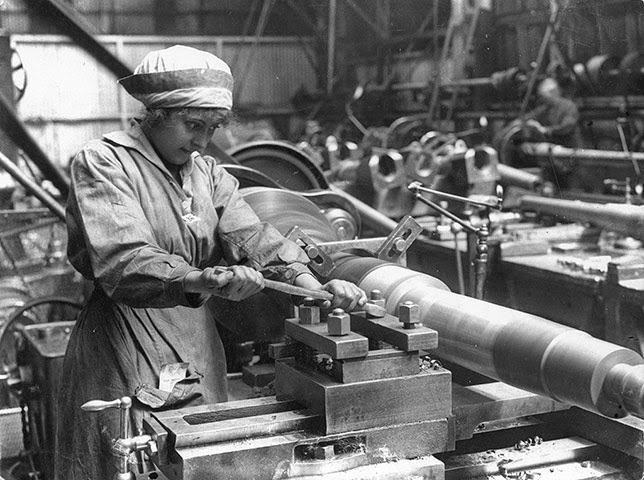
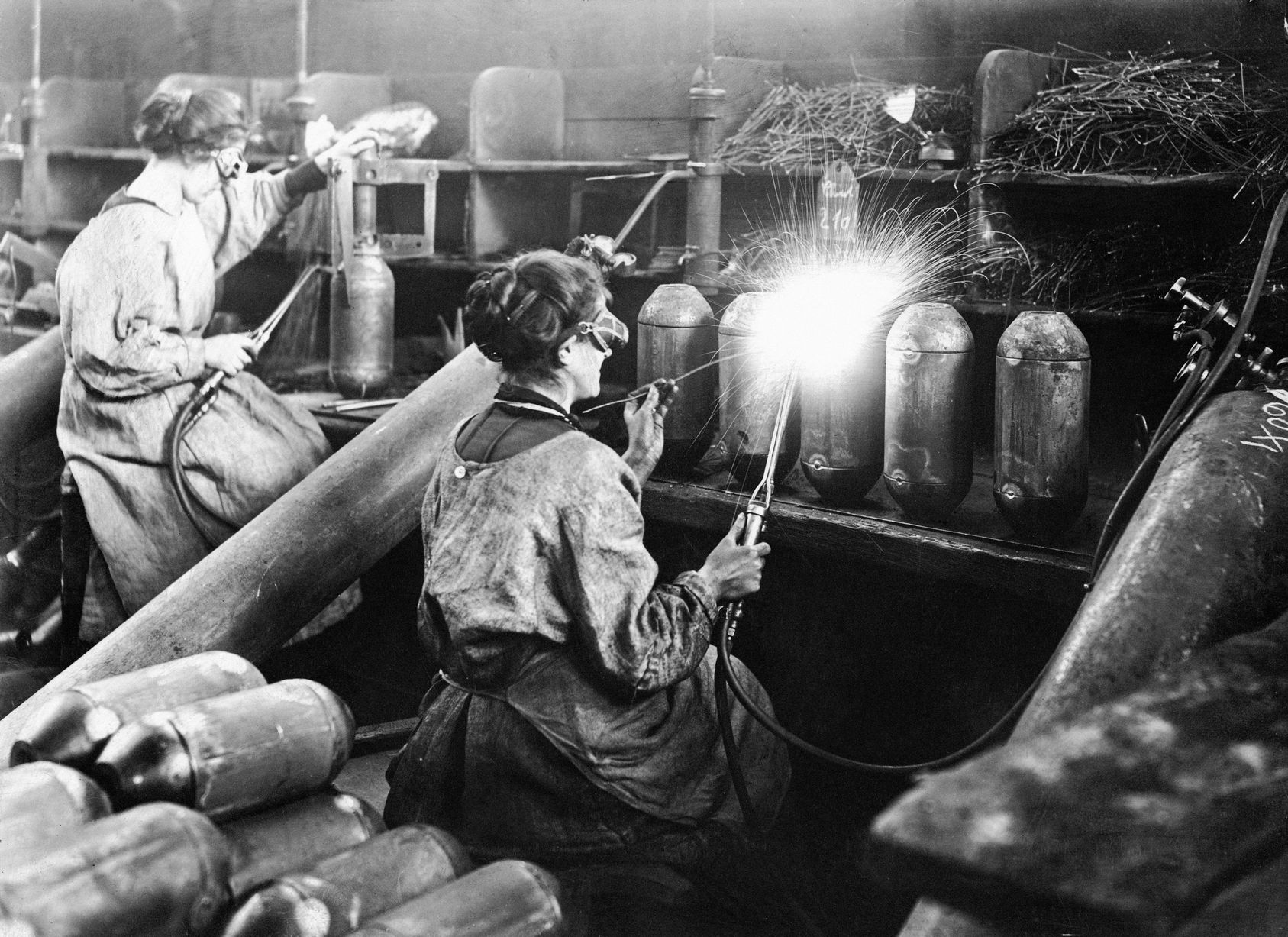
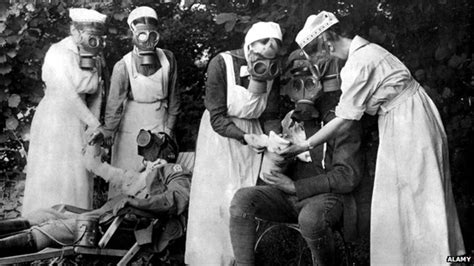

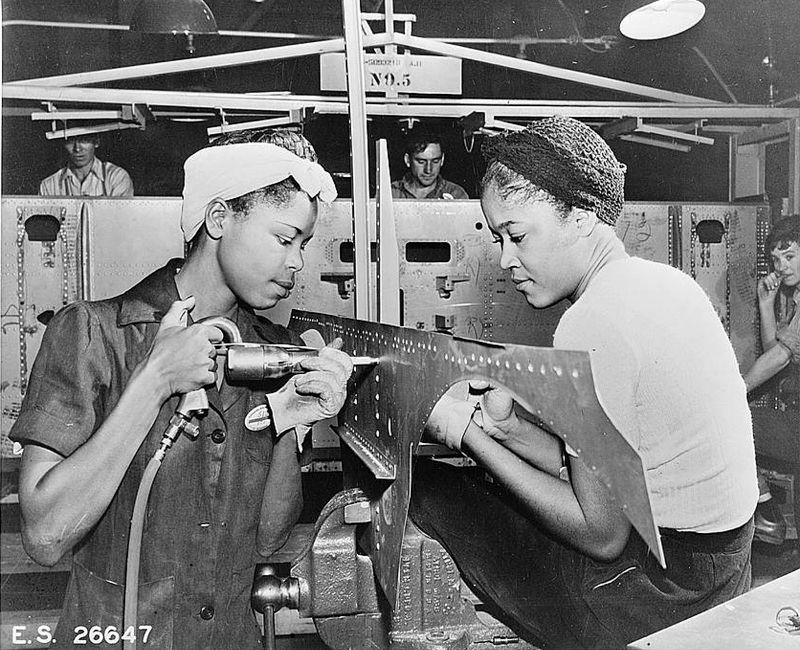
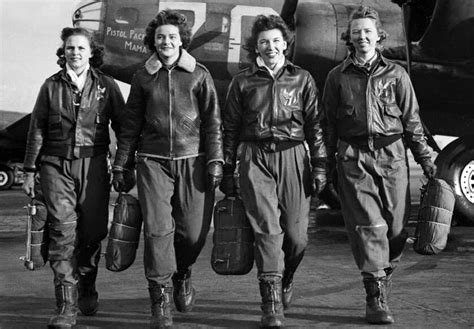
Not sure if she’s in the mix, but the real Rosie the Riveter.
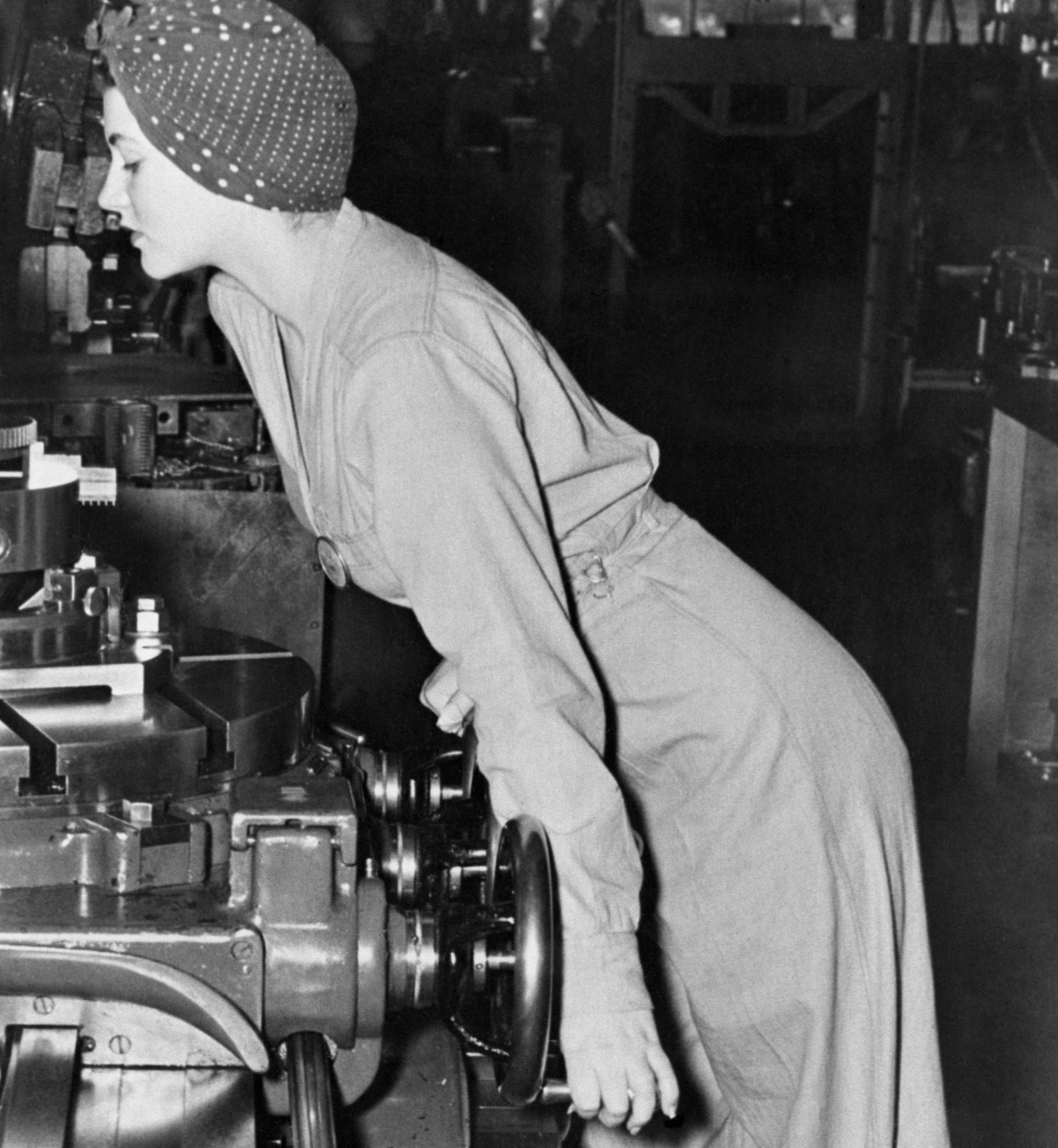
Thinking “men”
Discovery show bad.
Meanwhile Plato: good times create weak men who think they know everything, can do everything, who change their purpose on a daily basis, and who are easily tricked by sophists into accepting tyranny
Looks at the westerners
Please elaborate what you mean by that.
Here’s a bit from the introduction**:
The manner of life in such a State is that of democrats; there is freedom and plainness of speech, and every man does what is right in his own eyes, and has his own way of life. Hence arise the most various developments of character; the State is like a piece of embroidery of which the colours and figures are the manners of men, and there are many who, like women and children, prefer this variety to real beauty and excellence. The State is not one but many, like a bazaar at which you can buy anything. The great charm is, that you may do as you like; you may govern if you like, let it alone if you like; go to war and make peace if you feel disposed, and all quite irrespective of anybody else. When you condemn men to death they remain alive all the same; a gentleman is desired to go into exile, and he stalks about the streets like a hero; and nobody sees him or cares for him. Observe, too, how grandly Democracy sets her foot upon all our fine theories of education,—how little she cares for the training of her statesmen! The only qualification which she demands is the profession of patriotism. Such is democracy;—a pleasing, lawless, various sort of government, distributing equality to equals and unequals alike.
…
Thus he lives in the fancy of the hour; sometimes he takes to drink, and then he turns abstainer; he practises in the gymnasium or he does nothing at all; then again he would be a philosopher or a politician; or again, he would be a warrior or a man of business; he is
‘Every thing by starts and nothing long.’
…
When the people meet, they are omnipotent, but they cannot be brought together unless they are attracted by a little honey; and the rich are made to supply the honey, of which the demagogues keep the greater part themselves, giving a taste only to the mob. Their victims attempt to resist; they are driven mad by the stings of the drones, and so become downright oligarchs in self-defence. Then follow informations and convictions for treason. The people have some protector whom they nurse into greatness, and from this root the tree of tyranny springs. The nature of the change is indicated in the old fable of the temple of Zeus Lycaeus, which tells how he who tastes human flesh mixed up with the flesh of other victims will turn into a wolf. Even so the protector, who tastes human blood, and slays some and exiles others with or without law, who hints at abolition of debts and division of lands, must either perish or become a wolf—that is, a tyrant. Perhaps he is driven out, but he soon comes back from exile; and then if his enemies cannot get rid of him by lawful means, they plot his assassination. Thereupon the friend of the people makes his well-known request to them for a body-guard, which they readily grant, thinking only of his danger and not of their own. Now let the rich man make to himself wings, for he will never run away again if he does not do so then. And the Great Protector, having crushed all his rivals, stands proudly erect in the chariot of State, a full-blown tyrant: Let us enquire into the nature of his happiness.
*This was the best condensed elaboration I could find. I’d suggest reading the dialogues if this sounds interesting. *
“Good times create weak men who think they know everything”
I would like to ask Plato to take a long look in the mirror. What he’s written there by all accounts seems to be an argument against democracy itself, and it’s not even an accurate one.
First of all, no shit. Plato was against democracy and at one point ended up being sold into slavery when he tutored the tyrant of Syracuse as a psycho-political experiment. His teacher, Socrates, was killed by democracy, and then democratically got a statue of him erected when the people realised what they did (read the trial of Socrates).
Secondly, in this book (VIII) he explains the cycle of political regimes, how oligarchy turns to democracy, and democracy to tyranny (and others but these are relevant). The main purpose of this book is to support his stance that only philospoher-kings are fit to rule justly.
Finally, keep in mind that the republic was written in ~375 BC. The critique of democracy is going to be different as Athenians had different forms of it. Plato and Socrates also lived through the rule of the 30 tyrants, and the reinstitution of democracy. He uses actual historical events in this critique. For example the bit about bodyguards was a reference to Pisistratus and how he became a tyrant. Try to find a short history of Athenian politics, it’s both fascinating and concerning.
Read the parts I’ve copied again, and if you don’t see any parallels with the current state of affairs, read the dialogues. If you still don’t agree, form an actual argument.


